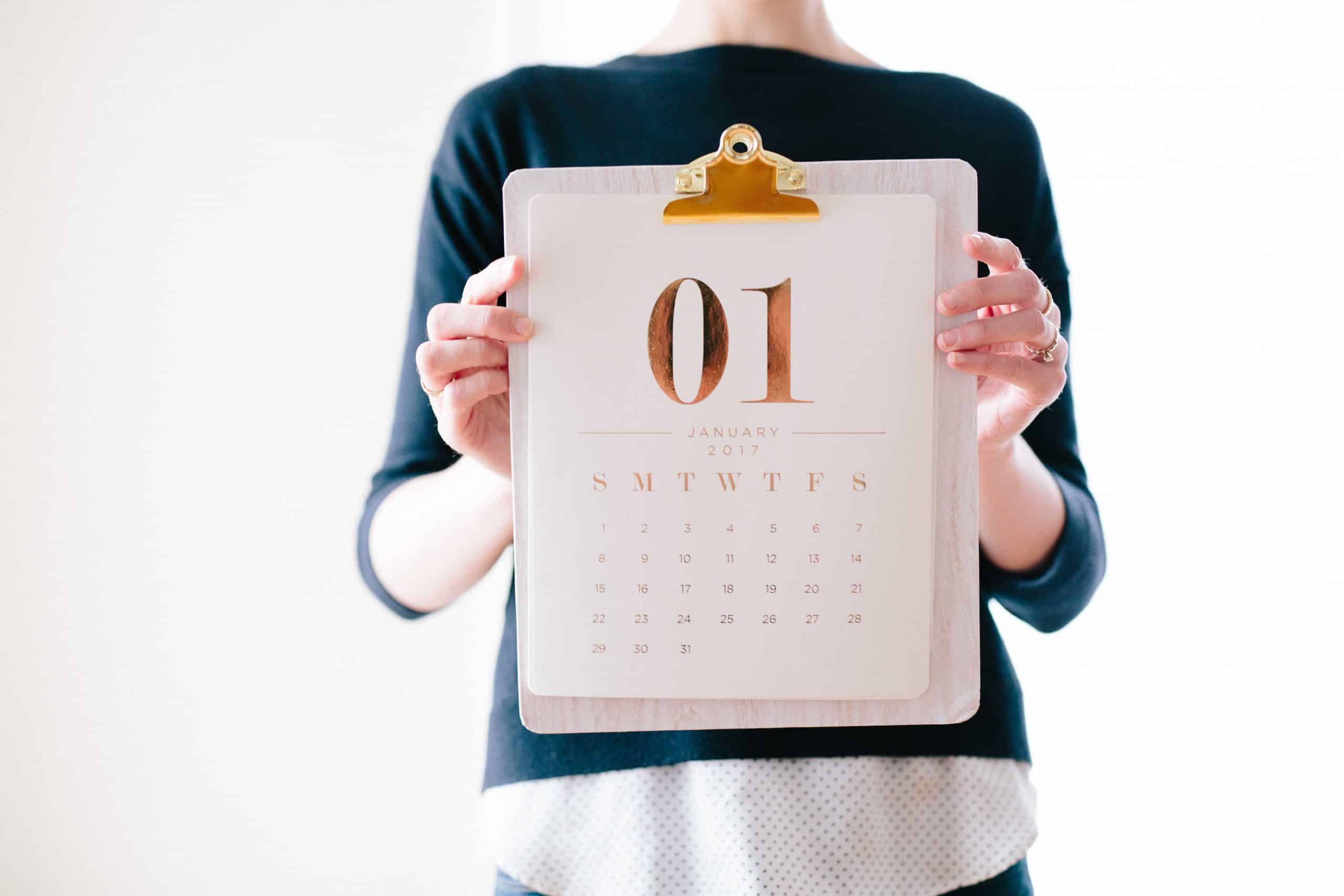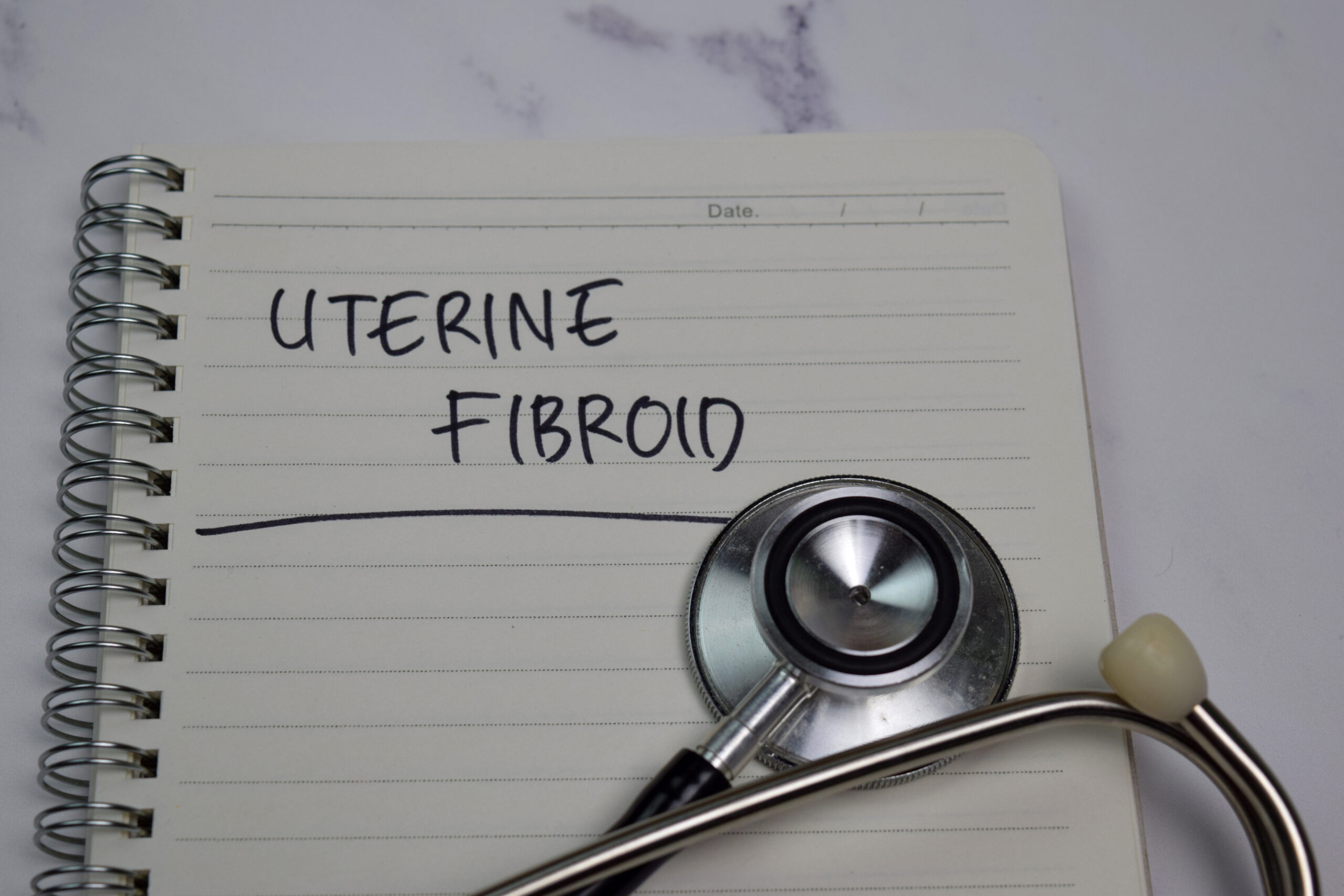Tracking your period doesn’t have to be hard — or embarrassing. The days of marking a big red dot on your office calendar are gone (unless you’re into that), and there are now a plethora of apps that you can use to easily and discreetly track your period, such as Eve and Clue. You can also just use your smartphone’s calendar.
But wait, why track your period? Well, aside from the classic “let me make sure I’m not pregnant,” there are a tons of reasons. Let us enlighten you!
1. You Can Pre-medicate If You Have Painful Cramps
More often than not, it takes more than one dose of Midol to cure your first-day period cramps, but have you ever tried pre-medicating when you know your period is on the way? If you know when your period is coming (which you will if you track it), you can start taking nonsteroidal anti-inflammatory painkillers such as Ibuprofen or Naproxen a few days before Aunt Flow pops in for a visit. Doing this has been shown to relieve cramps and decrease a woman’s usual flow by up to half (for more ways to deal with heavy periods, read this).
Talk to your doctor about getting a prescription for these medications and if they’re safe for your body and lifestyle.
2. You Can Utilize Natural Family Planning as Your Method of Birth Control
If hormonal birth control doesn’t jive well with your body, you might want to try natural family planning, a.k.a fertility awareness. The most important factor when utilizing NFP is to know your own cycle. In short, once you figure out your unique cycle, you can be aware of which days of the month that you should be using a barrier form of birth control (such as condoms, a diaphragm, or a cervical cap). If you’re looking to get pregnant, you can reverse the method and specifically have sex on the days where you know you’re most fertile.
Keep in mind that if you’re going to use NFP as your primary form of birth control, you need to be sure you have a regular cycle. You also need to be aware that you can still contract STDS during any time of the month if you’re not using a form of contraceptive. For more on fertility awareness (and the little bit of math that goes into it), check out this link.
3. You Can More Accurately Answer Any Doctor Questions
Have you ever had your doctor ask you the date of your last period and had no idea what to tell them? You’re not alone. But, there’s a reason your doctor asks this, as knowing the date can help them to better serve you (not to mention ensure that you’re not pregnant before performing certain tests). By tracking your period, you’ll be able to confidently tell your gyno – or any doctor – the date you last ovulated, and that’ll help you to receive the best care possible!
4. You Can Better Plan Your Activities Around Your Symptoms
There’s nothing worse than heading to the beach for the weekend only to realize that Aunt Flow has decided to visit — especially if you didn’t bring any tampons or pads. By tracking your period, you’ll know when it’s coming. That way, not only can you prepare with “supplies,” but you can also plan activities around it (this goes especially for those of you that suffer from extra painful and/or heavy periods). Vacations are one example, but you can also plan romantic date nights, athletic activities (like that marathon you’ve been wanting to attempt), and more around the days where you know you’ll be feeling your best!
If you’re looking for more ways to keep your period from getting in the way of your lifestyle, make an appointment! We’re happy to discuss methods, tests, and procedures to ensure that your period is normal and as low-maintenance as it should be!





1 thought on “4 Reasons Why You Should Track Your Period”
Great to hear it! We are so happy you find our website to be so captivating!